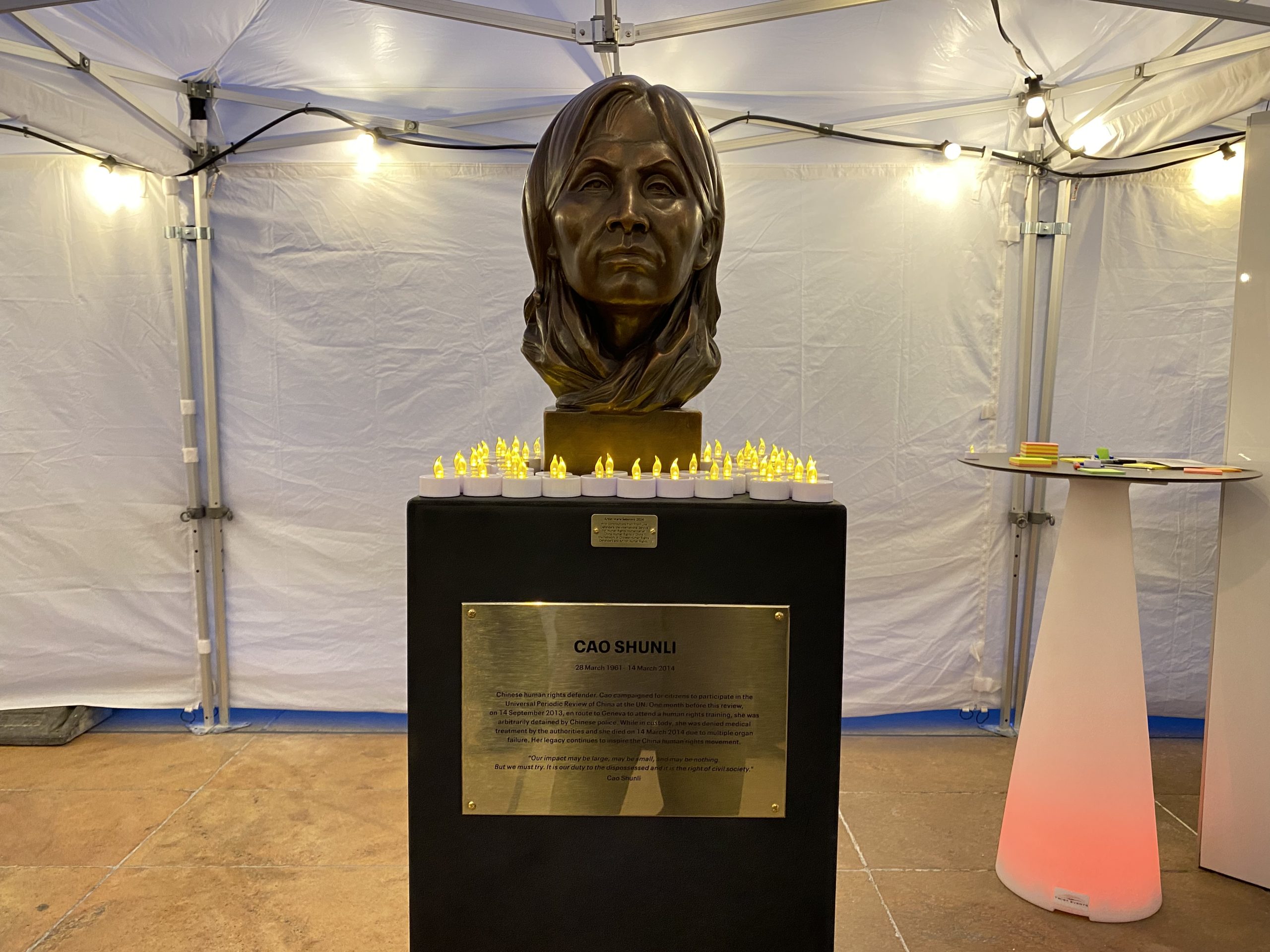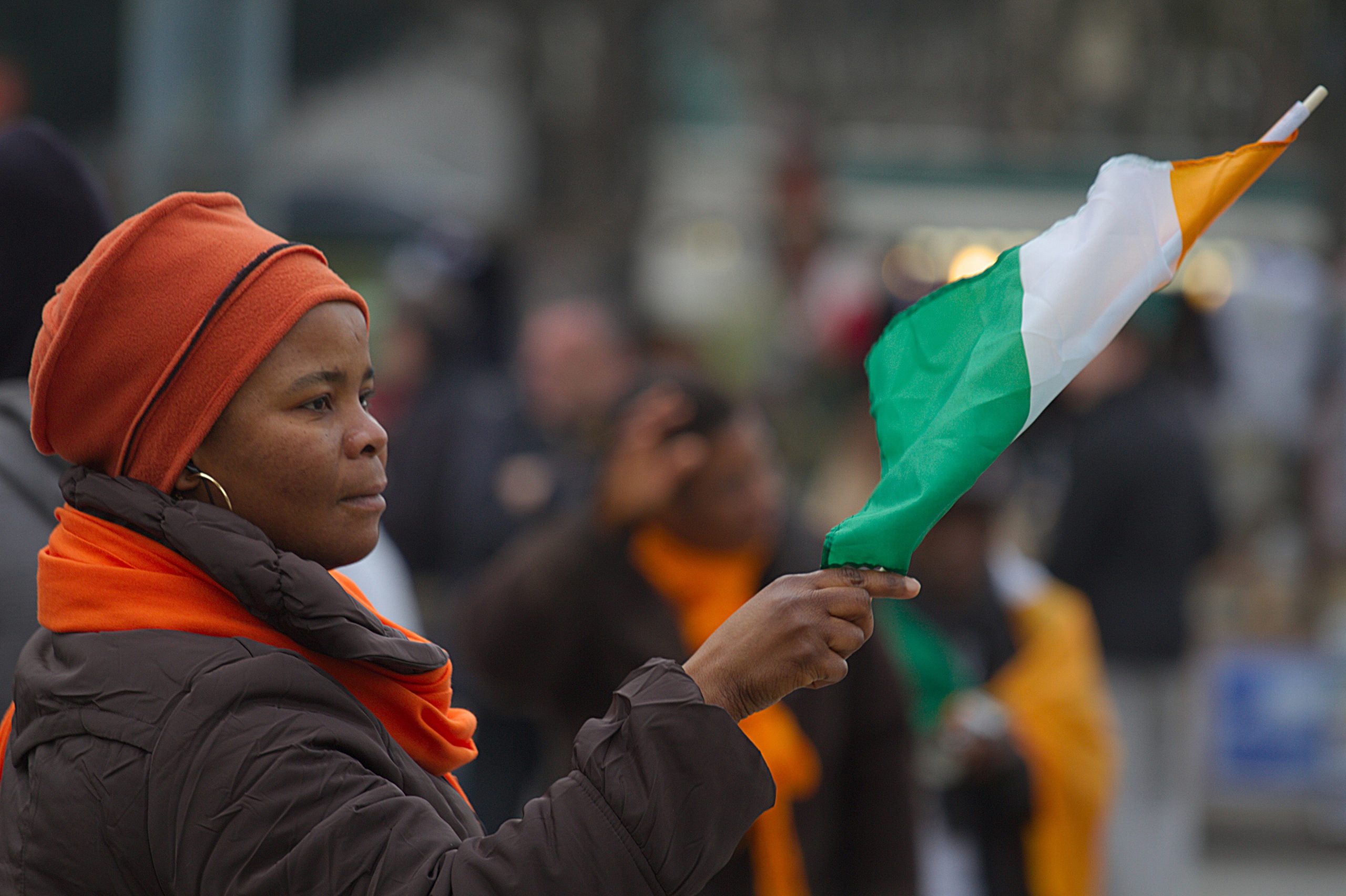Côte d’Ivoire is currently candidate for a second consecutive term as member of the UN Human Rights Council
Cet article existe également en français.
(Abidjan) – An NGO advocacy mission to Côte d’Ivoire is aiming to encourage the Government to strengthen and advance human rights through its foreign policy.
The mission, on 27 and 28 August, is being led by the Ivorian Coalition of Human Rights Defenders, West African Human Rights Defenders Network, International Service for Human Rights and Human Rights Watch.
Côte d’Ivoire is currently completing its first term as a member of the Human Rights Council (the Council) (2013 – 2015) and is standing for election to its second term.
Côte d’Ivoire’s engagement with the Council since its membership began in 2013 has been generally positive. However, there is opportunity for the State to further enhance its contribution to the protection of human rights around the world in its role as a Council member.
‘At the end of its first term, Côte d’Ivoire has achieved a relatively good record on country resolutions at the Council and has also supported most resolutions on human rights defenders and civil society,’ said Clement Voulé, Manager of ISHR’s Africa Programme. ‘But with human rights crises and restrictions against human rights defenders increasing in many countries, it is essential that Côte d’Ivoire lead even more strongly at the Council,’ added Mr Voulé.
The Human Rights Council is composed of 47 member States from all regional groups. It is the UN’s main political body in charge of examining gross and systematic human rights violations and for responding promptly to such emergencies. Of particular note, since its creation in 2006, it has established mechanisms for investigation or documentation of the situations in North Korea, Sri Lanka, Iran and Syria. It has also established mechanisms to facilitate technical cooperation, such as the mandate of the UN Independent Expert on the enhancement of capacity-building and technical cooperation with Côte d’Ivoire in the field of human rights. It also adopts important thematic resolutions, including on the protection of human rights defenders and of civil society space.
During its first term as member of the Council, Côte d’Ivoire has supported the majority of resolutions denouncing the most serious human rights violations, such as those pertaining to Syria, Sri Lanka, North Korea, the Ukraine and Palestine. However, it abstained from voting on resolutions on Iran, despite ongoing repression in the country and the widespread use of the death penalty.
NGOs have documented 743 cases in which the death penalty has been applied in Iran in 2014, with 570 executions taking place in first six months of 2015 alone. Furthermore, Côte d’Ivoire itself abolished the death penalty in its Constitution in 2000, and made a permanent amendment to its Penal Code in this regard in 2015.
An important facet of the Human Rights Council’s programme of work is to address the protection of human rights defenders and civil society. Côte d’Ivoire has supported most of the resolutions addressing this fundamental issue.
‘In 2014, Côte d’Ivoire adopted a law on the protection of human rights defenders, which was hailed by national and international NGOs,’ said Marthe Pedan Coulibaly, National Coordinator of the Ivorian Coalition of Human Rights Defenders. ‘But Côte d’Ivoire could be more vocal at the Human Rights Council in expressing its support for human rights defenders in other countries when they face attacks and severe restrictions on their work.’
‘The most disturbing trend at the Human Rights Council is that too few States are willing to show leadership in confronting those responsible for serious human rights violations and in defending human rights defenders when they are oppressed,’ said Philippe Dam, Human Rights Watch’s Deputy Director of Advocacy to the Human Rights Council. ‘Côte d’Ivoire can still take further action to ensure the Council fully satisfies its mandate of addressing serious and systematic human rights violations and responding to the needs of victims around the world.’
Human Rights Watch’s research on Côte d’Ivoire




